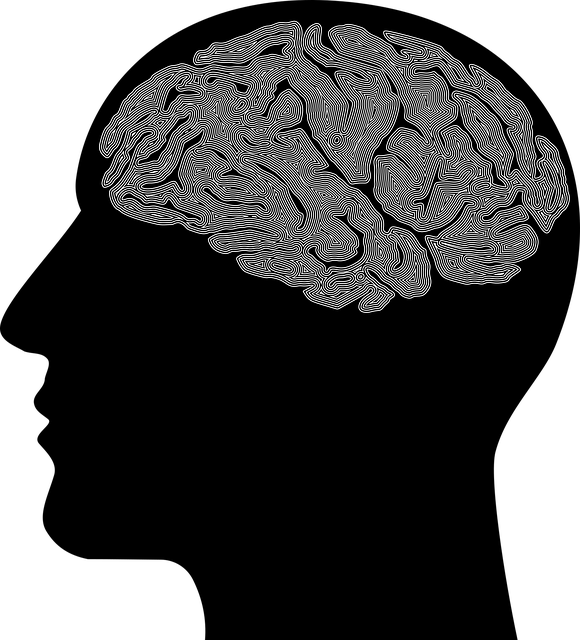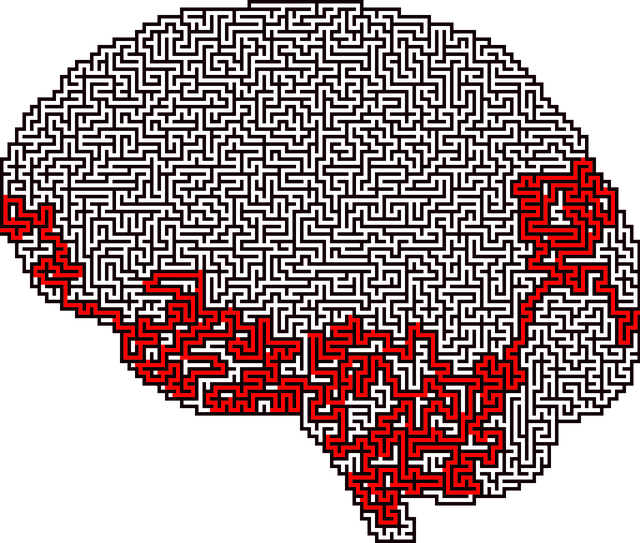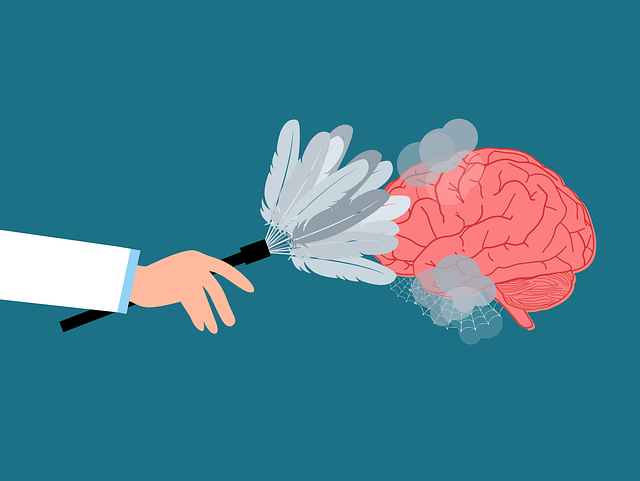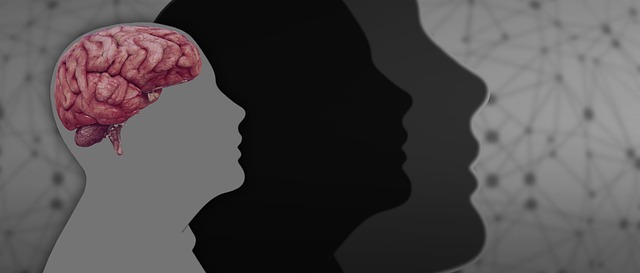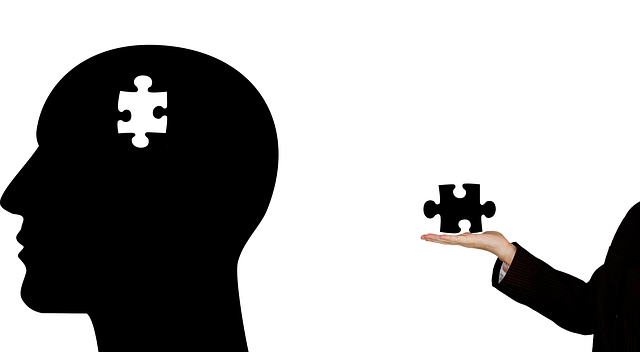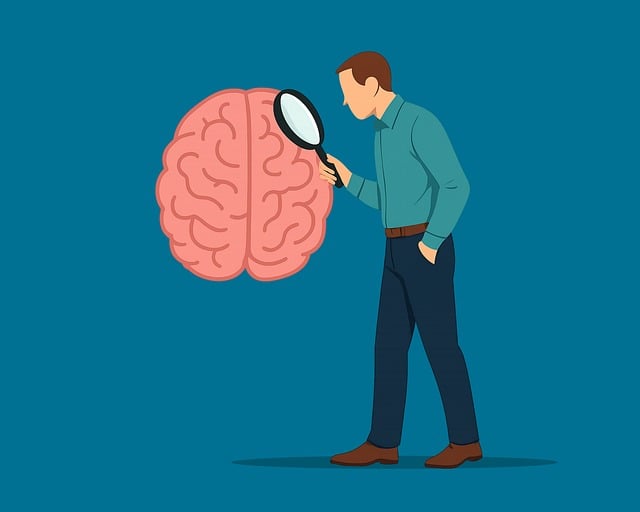Understanding emotion regulation is crucial for helping adolescent teens manage stress effectively during a time of rapid hormonal changes and increased social pressures. Therapy focusing on healthy coping mechanisms, cognitive-behavioral therapy (CBT), mindfulness practices, and communication strategies enhances emotional intelligence, resilience, and self-esteem. Self-care routines tailored to individual needs further reduce stress and foster long-lasting mental health skills. Holistic approaches like peer-supported group sessions empower teens with knowledge and tools for navigating life's challenges, leading to improved academic and personal success.
Emotion regulation techniques are essential tools for adolescent stress management, fostering healthier mental well-being. This comprehensive guide delves into the foundational understanding of emotion regulation for teens, exploring common teaching strategies to enhance emotional intelligence. From self-care practices to professional therapy options, we provide practical insights for parents and educators. Discover how these techniques can empower teenage students to navigate stress effectively, promoting a more resilient and balanced lifestyle. Learn about therapy for adolescent teens’ stress management, offering valuable support tailored to their unique needs.
- Understanding Emotion Regulation for Teens: The Foundation of Stress Management
- Common Techniques in Teaching Adolescent Emotional Intelligence
- Implementing Self-Care Strategies for Teen Stress Reduction
- Professional Support: Therapy Options for Adolescent Stress Management
Understanding Emotion Regulation for Teens: The Foundation of Stress Management

Understanding emotion regulation is a foundational step in helping adolescent teens manage stress effectively. For many young individuals, navigating the emotional landscape can be challenging due to rapid hormonal changes and increased social pressures during adolescence. Therapy for adolescent teens often focuses on teaching them healthy coping mechanisms to regulate their emotions and reduce stress levels. This process empowers them with valuable skills that contribute to better mental health awareness and self-esteem improvement.
Emotion regulation techniques play a crucial role in fostering positive thinking, enabling teens to confront and manage intense feelings constructively. By learning these strategies, they can transform their reactions to stressful situations, enhancing their overall resilience and well-being. This early investment in emotional intelligence sets the stage for long-term mental health and helps them develop effective stress management skills that will serve them throughout their lives.
Common Techniques in Teaching Adolescent Emotional Intelligence

Teaching adolescent emotional intelligence involves a range of techniques designed to help young people understand and manage their emotions effectively. One common approach is cognitive-behavioural therapy (CBT), which helps teens identify and challenge negative thought patterns contributing to stress and distress. By teaching them to replace these thoughts with more positive, realistic ones, CBT promotes healthier emotional responses.
Additionally, Mental Health Education Programs Design that integrate mindfulness practices have gained popularity. These programs teach adolescents present-moment awareness and non-judgmental acceptance of their emotions, enhancing their ability to regulate stress. Communication Strategies, such as active listening and empathetic expression, are also crucial components, fostering open dialogue about feelings and encouraging support from peers and adults alike. Through these various Emotional Well-being Promotion Techniques, young people develop the resilience needed to navigate life’s challenges with greater ease.
Implementing Self-Care Strategies for Teen Stress Reduction

Implementing self-care strategies is a powerful tool for teen stress reduction and can be effectively integrated into therapy for adolescent teens. By prioritizing mental wellness coaching programs development, young individuals learn to manage their emotions and cultivate healthy coping mechanisms. This involves creating structured routines focused on emotional healing processes that cater to individual needs. For instance, establishing a consistent self-care routine can include activities such as mindfulness exercises, regular physical activity, adequate sleep hygiene, and engaging in hobbies or creative outlets.
These strategies not only help teens navigate their daily lives but also empower them with long-lasting skills for better mental health. By adopting these practices, adolescents can reduce stress levels, enhance emotional resilience, and foster a deeper sense of self-awareness. Self-care routines encourage teens to prioritize their mental wellness, ensuring they have the tools necessary to thrive both academically and personally.
Professional Support: Therapy Options for Adolescent Stress Management

For adolescent teens struggling with stress, professional support through therapy options can be a game-changer. Many mental health professionals are equipped to help young individuals navigate their emotions and develop effective coping strategies. Cognitive Behavioral Therapy (CBT) is one such evidence-based approach, focusing on identifying and changing negative thought patterns and behaviors that contribute to stress and anxiety. By learning to manage their thoughts and emotions, teens can gain a sense of control and improve their overall well-being.
In addition to CBT, therapy for adolescent teens’ stress management often incorporates techniques like mindfulness meditation and coping skills development. Mental health education programs designed specifically for this age group can empower teens with the knowledge and tools to recognize and regulate their emotions. These programs may include group sessions where peers support each other, fostering a sense of community while learning valuable mental health strategies. Such holistic approaches aim to enhance resilience and promote long-term mental health.
Emotion regulation techniques offer a powerful toolkit for adolescent stress management. By understanding and mastering these skills, teens can navigate the challenges of daily life with increased resilience and well-being. Combining self-care strategies, common emotional intelligence techniques, and access to professional support through therapy options equips young individuals to thrive in a stressful world. Implementing these practices can foster healthy development and set the stage for a brighter future for adolescent teens facing stress.


